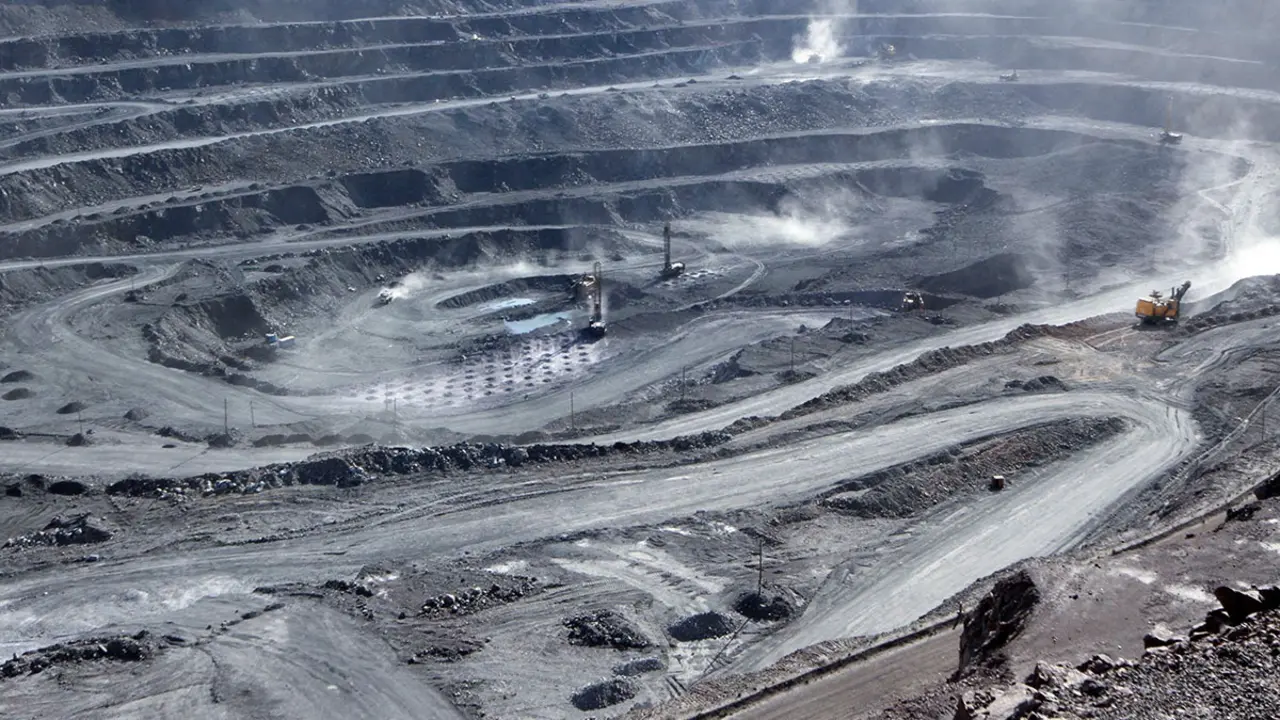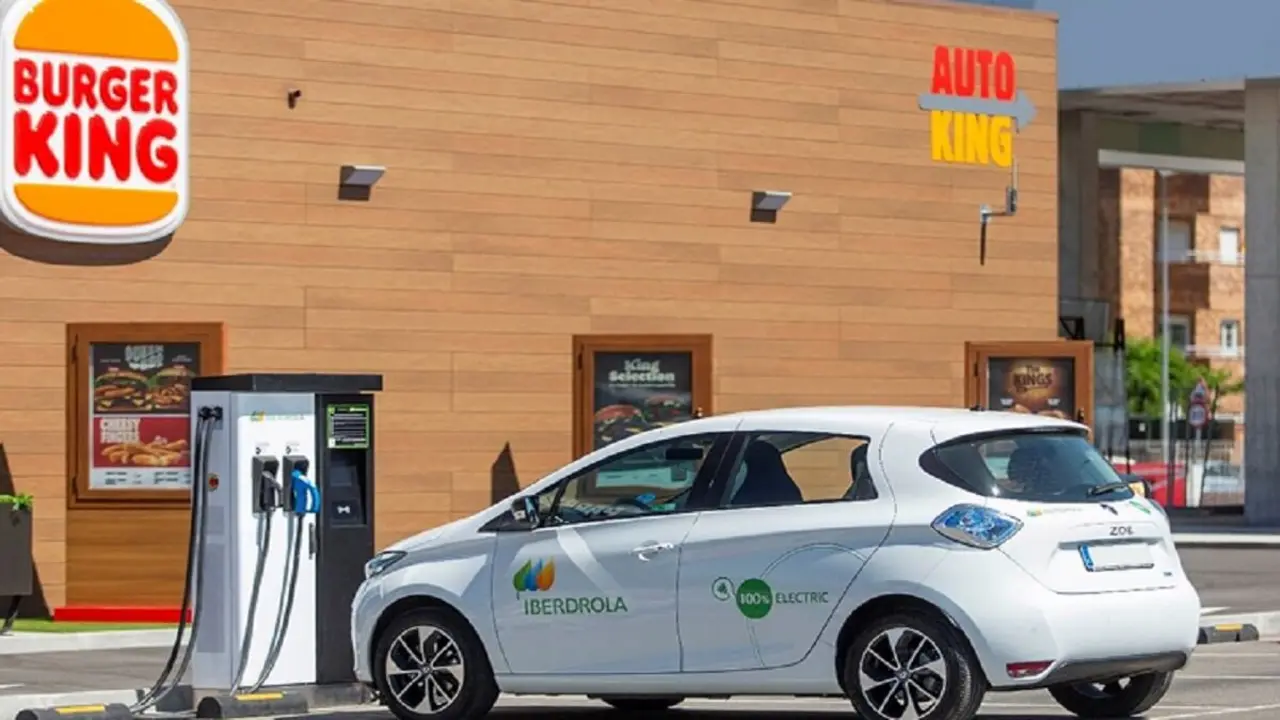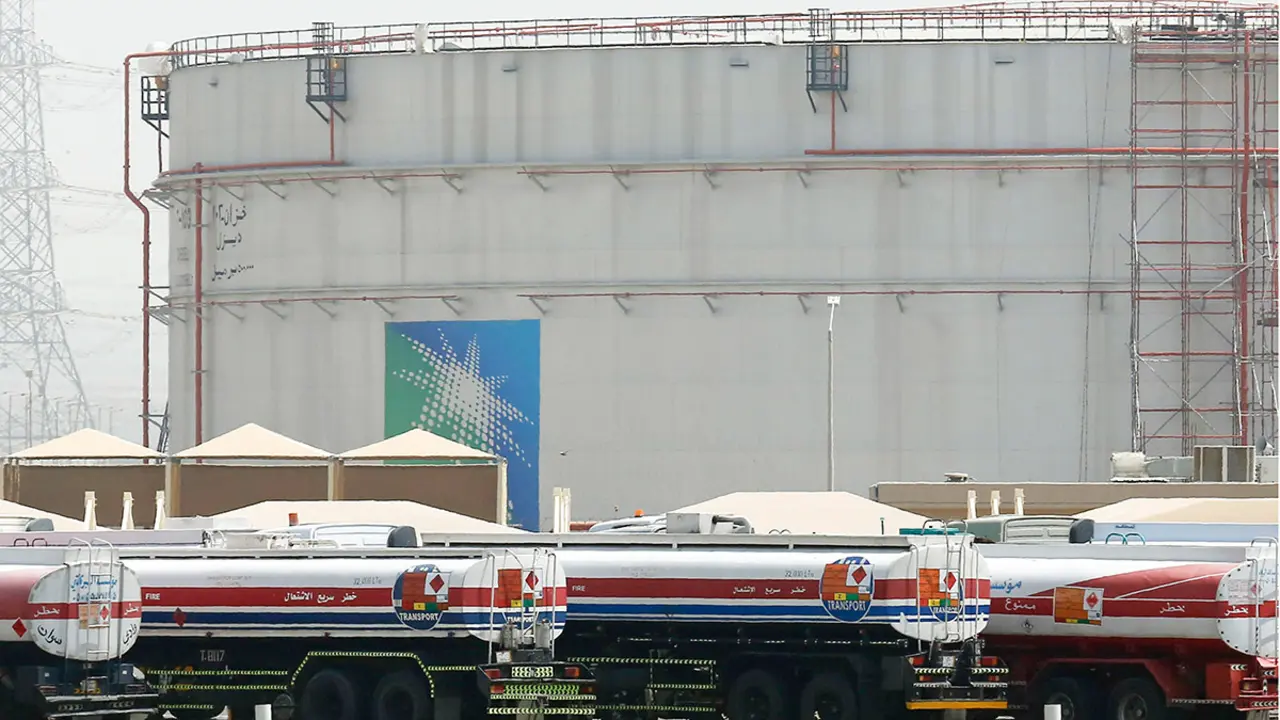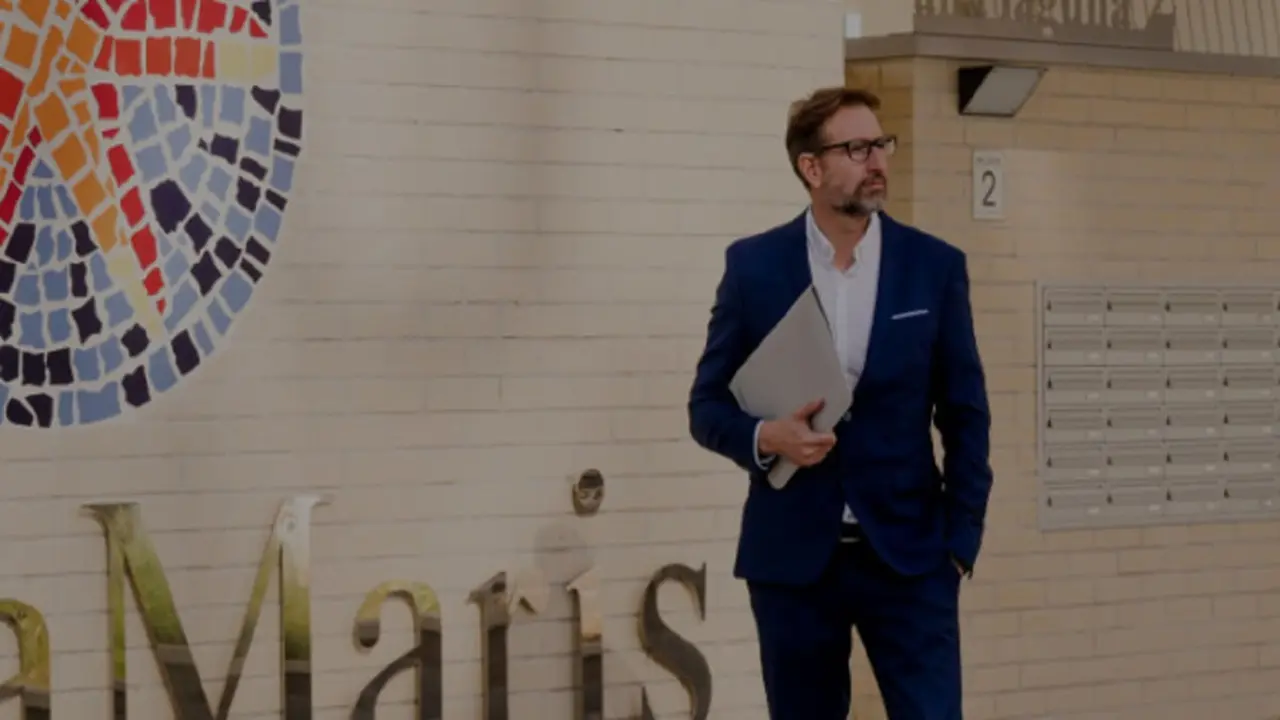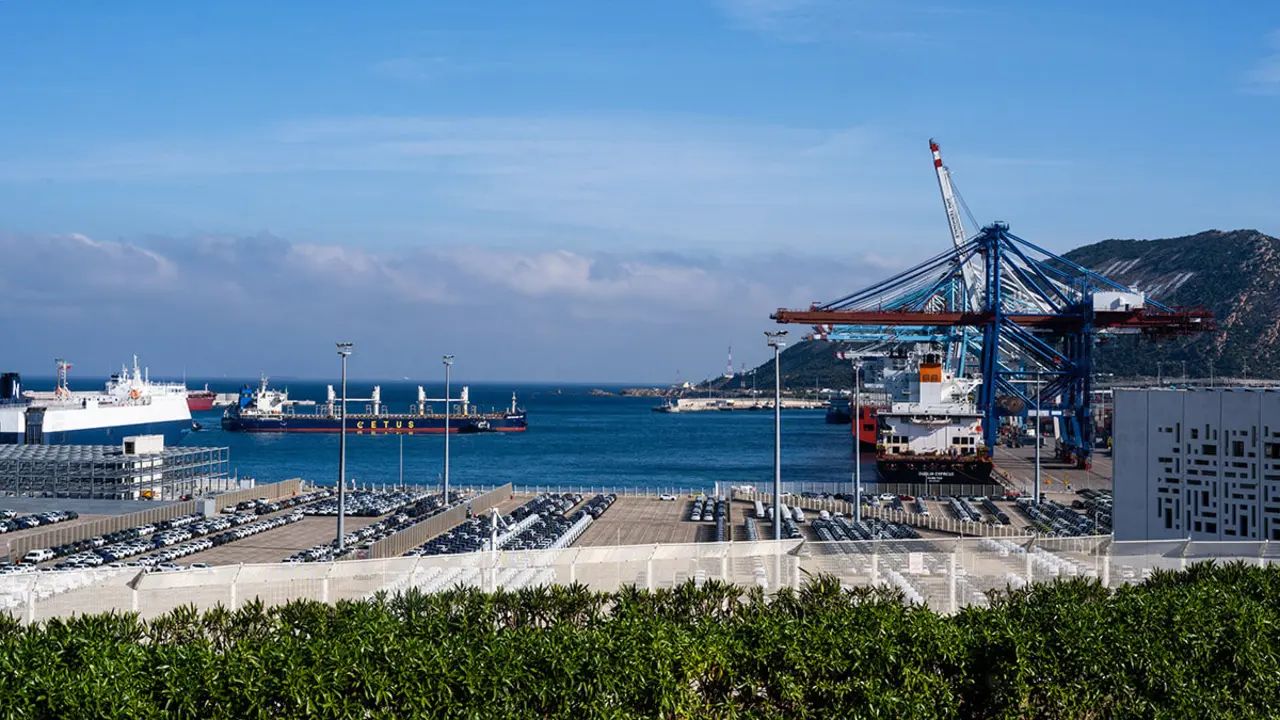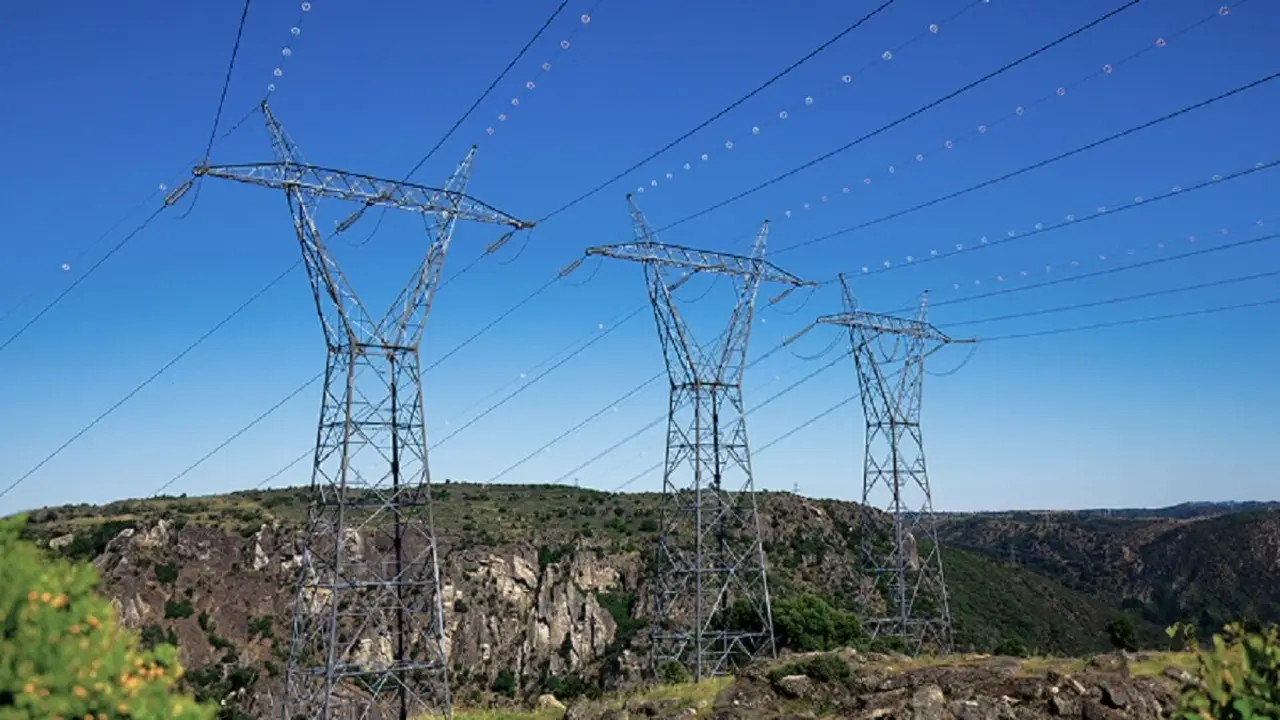Algeria is betting on the sale of holdings in order to diversify its economy
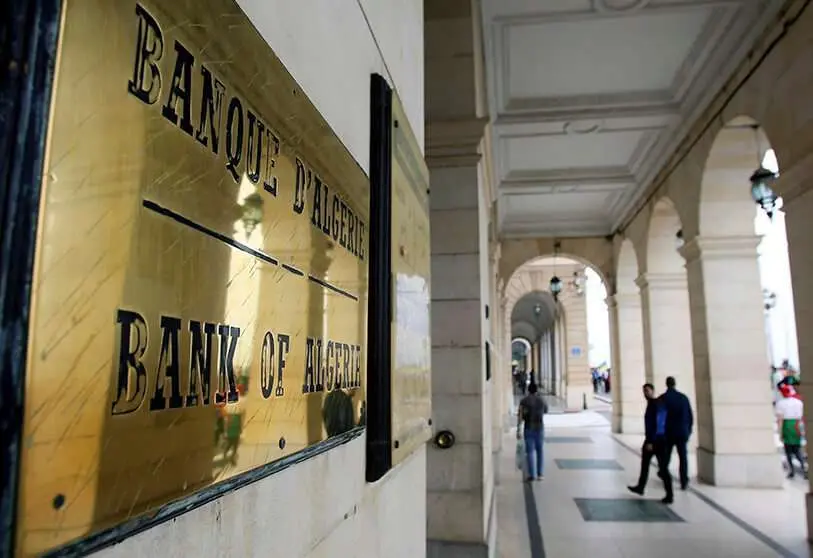
Algeria is seeking to diversify economically and reduce its high dependence on its energy resources. In one of its new strategies to reduce its dependence on oil and gas, Algeria intends to sell stakes in state-owned companies and banks as part of a new state plan to reform the economy.
Algerian President Abdelmadjid Tebboune announced this after ordering his government to sell stakes in state-owned companies and banks. In a statement, Tebboune confirmed that the new "privatisation" plan will seek to "seek effective solutions, open up the capital of public companies, including banks, and move away from administrative management".
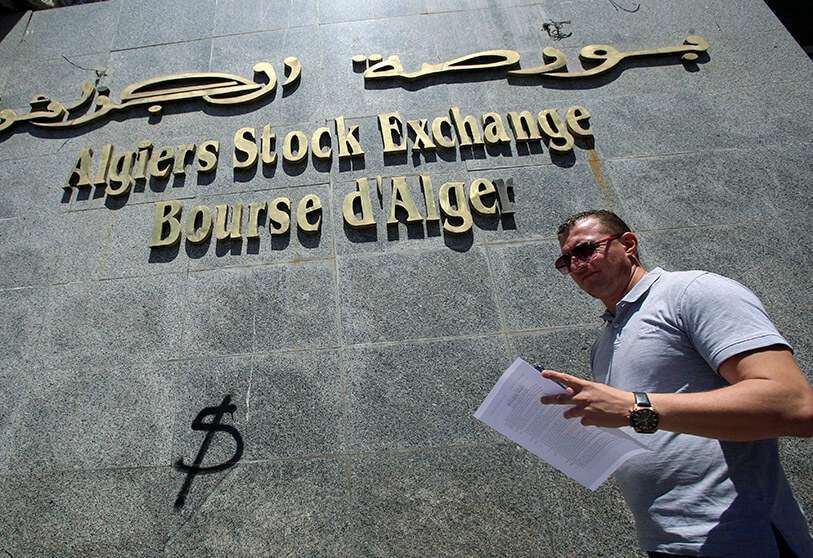
However, it is not yet known how many companies will be included in the plan and which banks will be affected by the new measures. In this regard, there are six state-owned banks in Algeria, accounting for around 95% of total banking assets.
As a result of the fall in oil prices, the North African country is experiencing strong economic and financial pressures in which the spread of the pandemic has not contributed to a rapid resolution of the situation. This has been reflected in Algeria's overall budget this year, with a historic deficit of some $22 million.
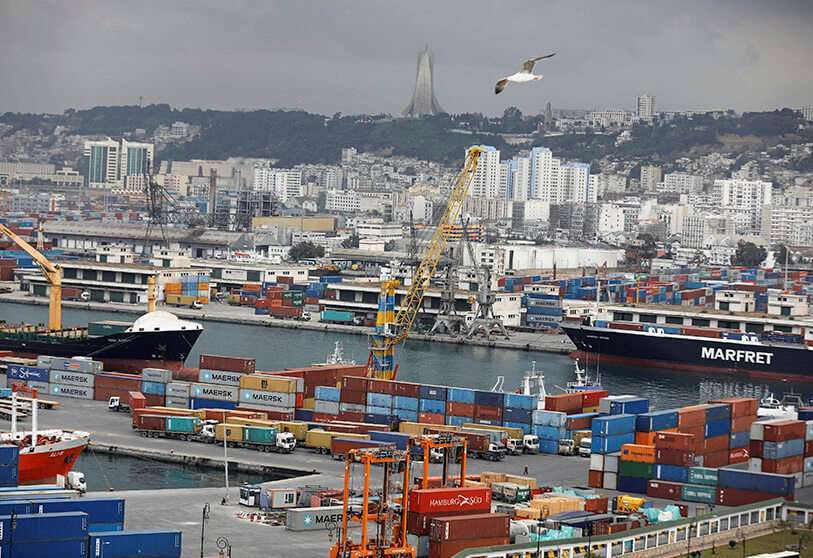
Algeria's almost total economic dependence on both oil and gas has been one of the main reasons why the country is experiencing a major economic crisis. In other sectors, such as tourism, tourism accounts for no more than 10 per cent of national GDP, according to data provided by the World Tourism Organisation. In addition, the Economic Commission for Africa (ECA) describes the level of Algerian trade as "weak" compared to the rest of the regional economic community. Moreover, despite the fact that northern Algeria is characterised by vast green and fertile plains, agriculture accounts for 12.2 per cent of the country's GDP.
These figures reflect Algeria's underinvestment in other sectors, focusing almost exclusively on its energy resources. Algeria is the tenth largest gas producer in the world. Algeria is also the fourteenth largest oil producer in the world.
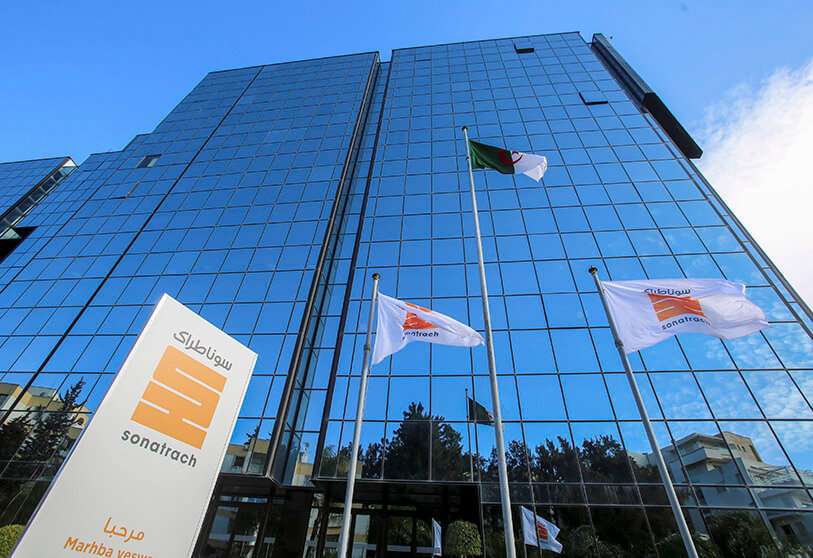
The consequences of the coronavirus pandemic, coupled with the economic and financial pressures resulting from the fall in the price of crude oil, have meant that Algeria is going through a delicate economic situation due to its high dependence on energy resources, which means that the fall in prices in these sectors is highly reflected in the Algerian economy on a national scale.
This year, Algeria's general budget has recorded a historic deficit of some 22 billion dollars. In this respect, last year's unemployment rate was 13%, reaching 23% among university graduates and 27% among young people.
On the other hand, the International Monetary Fund warned last May that Algeria's economic outlook was "bleak", as the country needed to raise oil prices in order to adjust the state's financial balances. In this regard, the Fund expected public debt to rise to more than 63 per cent compared to 53 per cent last year.
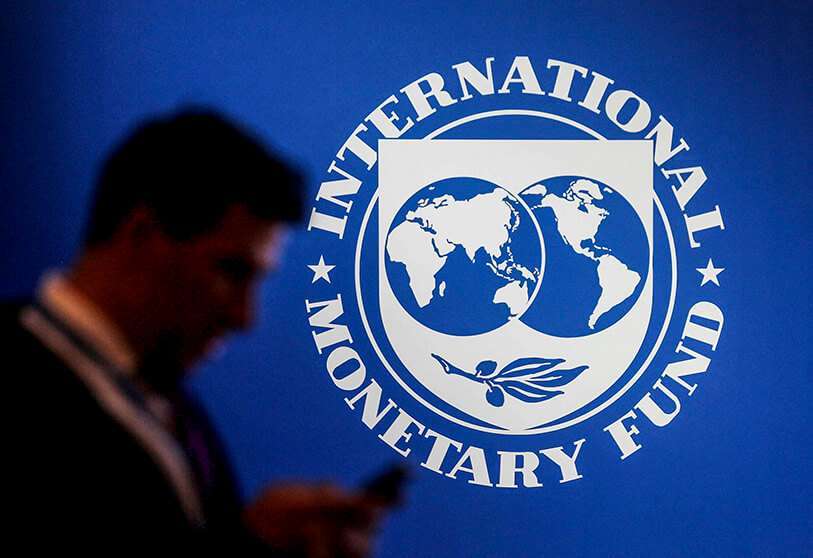
Last July, in the face of public discontent reflected in the legislative elections with 77 per cent abstention, President Tebboune appointed former governor of the Bank of Algeria Aïmen Benabderrahmane as prime minister, replacing Abdelaziz Djerad, in addition to retaining his functions in the Ministry of Finance.
Benabderrahmane, now in charge of coordinating government activity, faces new economic and social challenges, including the search for economic alternatives to oil revenues, the increase in the export bill for non-hydrocarbon products to more than 5 billion dollars, not to mention the country's water shortages due to drought and constant power cuts.


